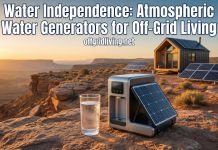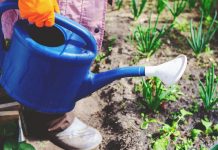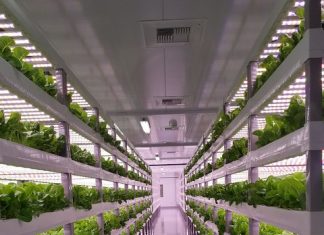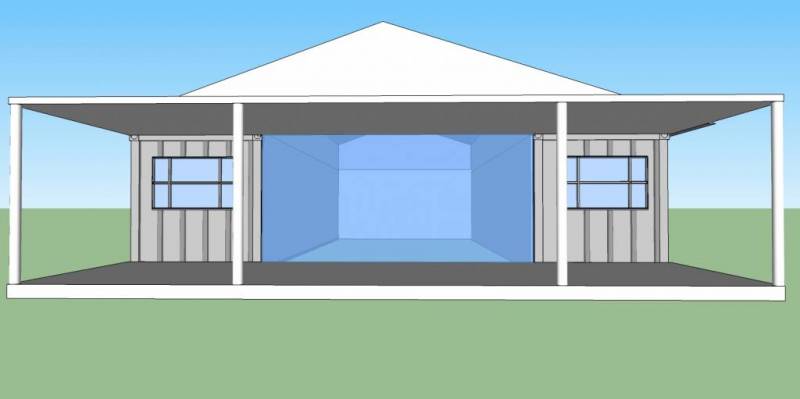Living off-grid offers a unique opportunity to embrace sustainable practices and reduce our environmental impact. One area where off-grid living and environmental consciousness intersect is rainwater collection. In this blog article, we will explore the benefits of collecting rainwater via gutters in an off-grid setting.
Another effective method for rainwater collection, besides utilizing gutters and downspouts, is the use of rain barrels or rainwater harvesting systems. These systems typically involve installing large barrels or tanks at downspout locations to directly collect rainwater from the roof. Regular maintenance, including gutter cleaning, ensures optimal functioning of these systems.
First and foremost, rainwater collection allows us to become more self-sufficient and less reliant on external water sources. In remote locations or areas with limited access to freshwater, rainwater collection systems provide a valuable source of clean water for drinking, cooking, bathing, and gardening. By collecting and utilizing rainwater, we can reduce the strain on conventional water sources and preserve them for essential needs.
Moreover, rainwater is naturally pure and free from many contaminants found in ground or surface water. Traditional water sources, such as wells or municipal supplies, often require treatment with chemicals or filtration to ensure their safety. Rainwater, on the other hand, is generally clean and of high quality, especially if collected from a well-maintained roof. By collecting rainwater, we can enjoy the benefits of this naturally occurring resource without the need for extensive treatment.
Another advantage of rainwater collection is its positive impact on the environment. By capturing rainwater, we can reduce stormwater runoff, which can lead to soil erosion, water pollution, and flooding in urban areas. Instead of water rushing off our rooftops and into drainage systems, we can capture and utilize it for our own needs. This not only conserves water but also helps to replenish groundwater levels and maintain a healthy ecosystem.
Rainwater collection can also enhance our gardening efforts in off-grid living. Plants often thrive when irrigated with rainwater rather than treated tap water. Rainwater is naturally free of chlorine and other chemicals commonly found in tap water, which can impede plant growth. Additionally, rainwater tends to be slightly acidic, which is beneficial for many plants, especially those that prefer acidic soil conditions. By using rainwater in our gardens, we can nurture healthy, thriving plants while minimizing our reliance on conventional water sources.
When implementing a rainwater collection system for off-grid living, there are a few key considerations. Start by calculating your water needs based on household usage and gardening requirements. Determine the size and number of storage tanks or cisterns necessary to meet these needs adequately. Install gutter systems and downspouts on your roof to direct rainwater towards the storage tanks. Install filters and screens to remove debris and particles that may be present in the water. Additionally, consider incorporating a pump and a filtration system to ensure the water’s quality and accessibility. If you see that your gutters are worn out, consult roofing contractors to do a residential gutter system repair or a new seamless gutter installation to make sure that your rainwater collection process is smooth. You should consider gutter cleaning regularly to avoid clogs that may cause damage.
Living off-grid provides a unique opportunity to embrace sustainable practices, and rainwater collection is a perfect example. By capturing rainwater via gutters, we can become more self-sufficient, enjoy clean and natural water, reduce our environmental impact, and enhance our gardening efforts.
If you’re interested in improving your knowledge of gutter installation, you could learn more from the seamless gutter installation experts who have years of experience in the field. If you’re considering off-grid living, investing in a rainwater collection system should be high on your sustainability checklist. Embrace the power of rainwater and unlock the potential of this precious resource.













